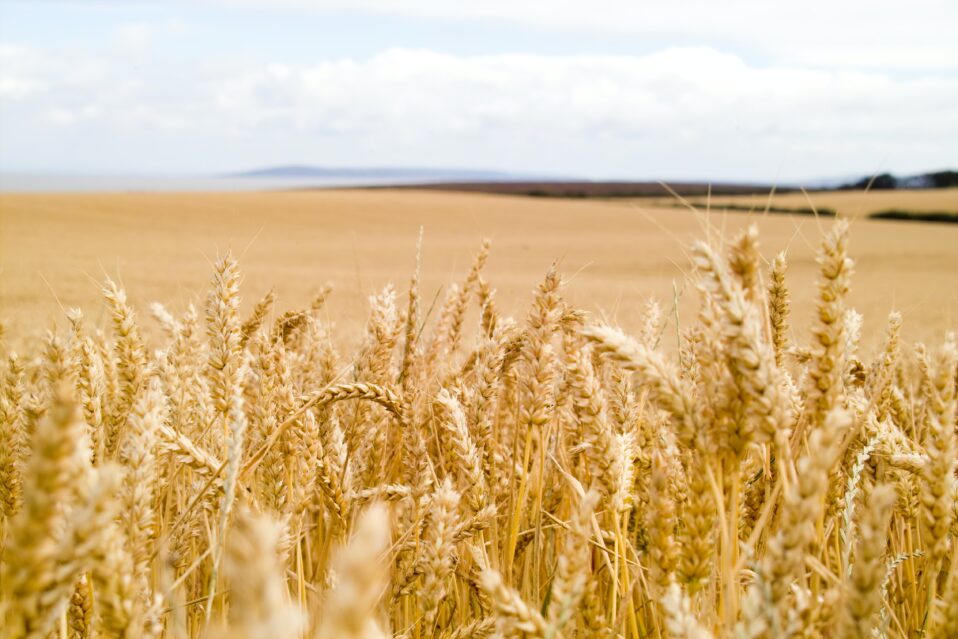“He who observes the wind will not sow, and he who regards the clouds will not reap. As you do not know what is the way of the wind, or how the bones grow in the womb of her who is with child, so you do not know the works of God who makes everything. In the morning sow your seed, and in the evening do not withhold your hand; for you do not know which will prosper, either this or that, or whether both alike will be good” (Ecclesiastes 11:4-6 NKJV).
We usually approach our Bible reading hoping to find something for our “spiritual” lives, but the Bible is not always “spiritual” in the way this word is often understood.
Many of the stories and wisdom sayings of the Bible represent the everyday reality of the people living in ancient Israel and Judah. They are not innately religious, but they can help us embrace a more holistic form of “spirituality” that encompasses all aspects of our lives.
And this, in part, provides the opportunity to teach us about biblical spirituality. It penetrated everyday life—the common, ordinary existence of the people. It did not solely pertain to those moments of religious practice and observance, but offered regular, commonsense wisdom. The book of Ecclesiastes is filled with this.
Ecclesiastes has an abrupt and abrasive outlook and message. The Teacher has sought understanding and wisdom and concludes that it really does not matter, since the end of everyone is the same. Along the way of his discovery, he shares practical wisdom. Our text for today offers one example.
His message: Do not sit idle waiting for the right moment or the right time. If the farmer waited for the proper wind, he would never sow. If he tries to time the rains, he won’t have seed in the soil when the rain comes because he waited for the proper moment.
The Teacher notes that the only way one can ensure he or she will prosper is to practice industry all day, sow in the morning and in the evening do not sit idle, for no one knows what will work, The Bible encourages a strong work ethic and sense of responsibility. This probably derived from the people living in a world where existence required daily effort and attention.
But even after the farmer labored sowing his seed and reaping his harvest, he blessed God who brought food from the earth. The farmer viewed God as being part of the common and ordinary aspects of his life.
So, too, our lives offer us the opportunity to continually invite God into our everyday moments. The writer of Ecclesiastes certainly viewed our labor, our work, and all of life as being spiritual. Why? Because God wants to be involved in our daily lives, and we are invited to welcome Him into all aspects of our existence.
PRAYER
Father, as we labor today and live our lives, may our work and energy be pleasing before You. May we seize every moment and bless You for all that You provide. Amen.




Post a comment